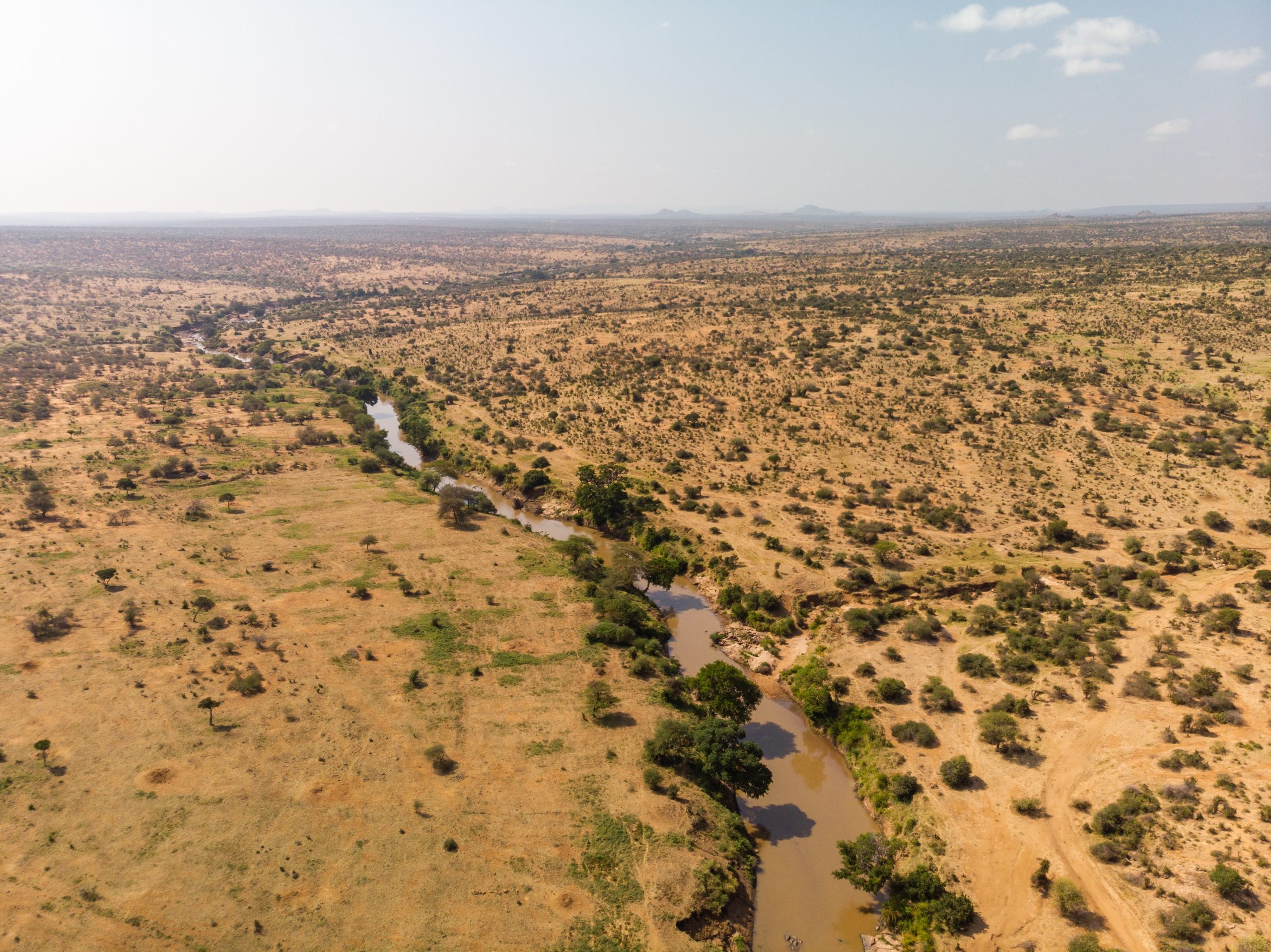Supporting the State?
The international community hasn’t been successful in its efforts to support ‘stabilisation’ in the central Sahel. To learn lessons from recent engagement, this policy brief seeks to make three contributions to an already long list of ‘strategic misfits’. First, that ‘stabilisation responses’ are built on the wrong assumption “to bring back the state” and “expand state presence”, without serious work on how to reform the state that had to be brought back. Second, that external actors – and in particular Western governments – consistently overestimated their ability to influence and effect real change in the region and have to become more modest in their objectives. Third, that there is an urgent need to apply these lessons to the new area of policy attention: coastal countries of West Africa and the fight against violent extremism. This policy brief calls for a stronger reflection on what decades of largely failing Sahelian policy can tell us about how to engage with Coastal West Africa.
Click the link below to read the full policy brief.
About the Authors:
Ekaterina Golovko is a Research Fellow with Clingendael’s Conflict Research Unit. She works on migration, organised crime and security in West Africa and the Sahel.
Kars de Bruijne is a Senior Research Fellow with the Clingendael’s Conflict Research Unit. He is the Head of the Sahel programme focusing on the role that local and customary authorities can play on governance provision and stability.


